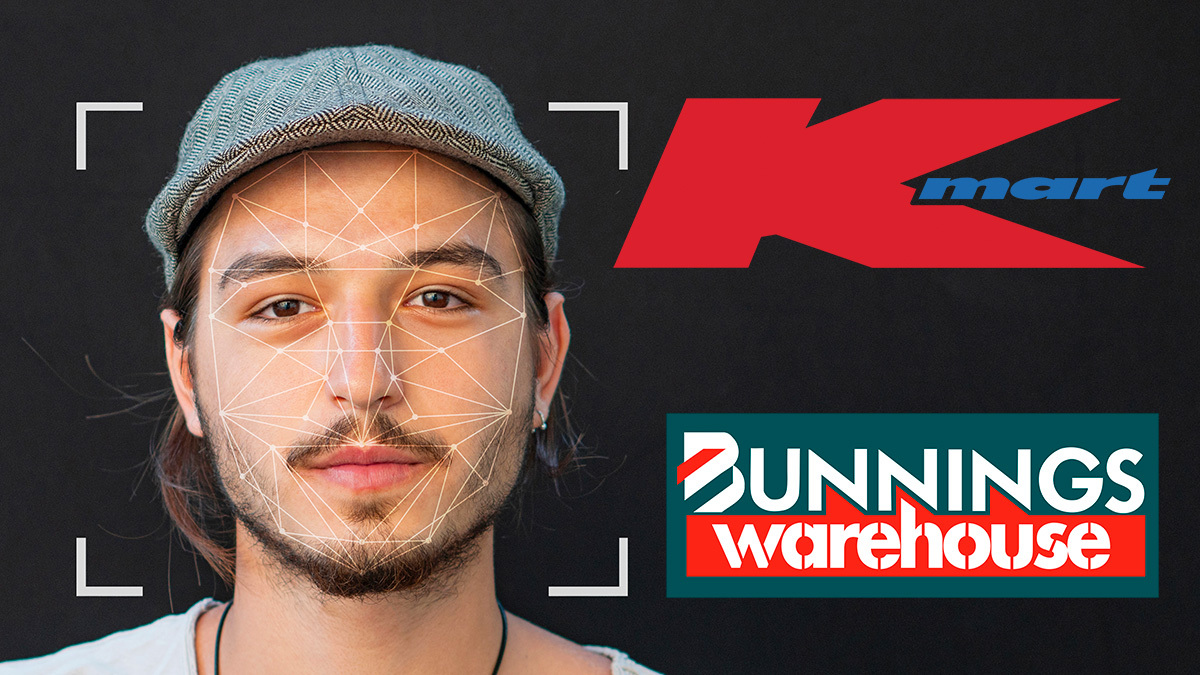
Kmart and Bunnings back down on facial recognition after CHOICE investigation

Two of Australia’s biggest retail giants have paused their use of controversial facial recognition technology in their stores following a CHOICE investigation and weeks of public outcry.
Kmart and Bunnings, both owned by Wesfarmers, this week announced they would temporarily “pause” the use of the technology on their cameras, which were capturing the unique biometric faceprints of customers instore.
Public backlash
Last month CHOICE published an exclusive investigation that found the two retailers (along with The Good Guys) using facial recognition technology, which led to a widespread public backlash against the companies online. The Good Guys has already announced it will pause its use of the technology.
The CHOICE investigation prompted the Office of the Australian Information Commissioner (OAIC) to launch a formal investigation into the technology’s use in retail. The investigation is ongoing.
A win for consumers
CHOICE consumer data advocate Kate Bower says the backdown from Kmart and Bunnings is a win for consumers.
“CHOICE knows customers will welcome the news that Bunnings and Kmart are joining The Good Guys in pausing the use of facial recognition technology in their stores, but we know that what customers really want is for them to stop using it altogether,” she says.
We have been overwhelmed by the response from our members and the wider community, who have said in no uncertain terms that retailers collecting biometric data is a step too far
Kate Bower, CHOICE consumer data advocate
“Since our investigation, we have been overwhelmed by the response from our members and the wider community, who have said in no uncertain terms that retailers collecting biometric data is a step too far.”
Bunnings – bowed but unrepentant
Bunnings managing director Mike Schneider has confirmed the company will stop using the technology, but has accused CHOICE of “mischaracterising” the issue.
“When we have customers berate our team, pull weapons, spit, or throw punches – we ban them from our stores,” he told media. “But a ban isn’t effective if it’s hard to enforce.
“Facial recognition gives us a chance to identify when a banned person enters a store so we can support our team to handle the situation before it escalates.”
Kmart claims technology part of crime prevention
A Kmart spokesperson also told reporters the company will cease its use, although insisted that using the technology to prevent criminal activity is legitimate.
“We have temporarily stopped the use of this technology in our small number of trial stores given the commencement of the OAIC investigation,” the spokesperson said.
‘A landmark decision’
Bower says the OAIC ruling on whether the companies had breached the law would be a “landmark” ruling for Australia.
“CHOICE eagerly awaits the Information Commissioner’s decision on whether Kmart and Bunnings have breached the Privacy Act in their use of facial recognition technology,” she says.
“This will be a landmark decision that will guide the use of controversial facial recognition technology in Australia.”
Related




